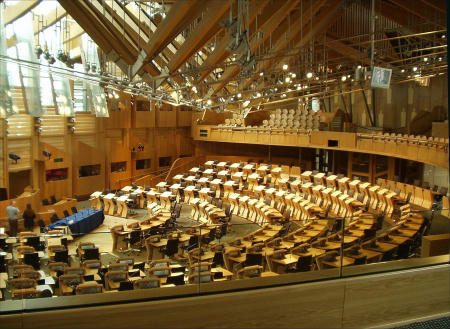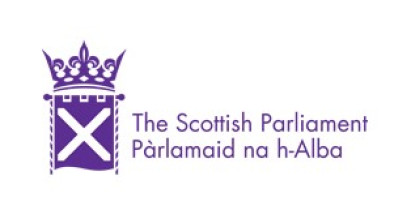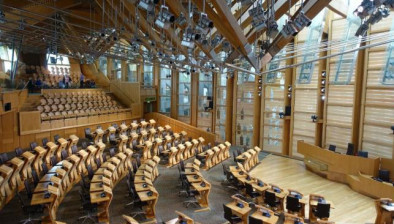Full impact of Brexit likely to intensify as Scotland emerges from pandemic, says Holyrood Committee
The Scottish Parliament’s Culture, Tourism, Europe and External Affairs Committee has stated that the societal and economic impact of Brexit is likely to intensify as Scotland begins to emerge from the COVID-19 pandemic.

In a legacy report published last Friday, the Committee says scrutiny of the UK’s evolving relationship with the EU should be an early and urgent priority for a successor Committee.
The report highlights that alignment with the EU regulatory regime will be a key scrutiny challenge going forward. Monitoring EU policy and legislative developments will be necessary to determine how aligned future Scottish Governments will remain with the EU. The Committee considers that Brexit has resulted in UK legislation re-shaping devolution and increased the complexity of the devolved settlement.
Evidence taken by the Committee in 2021 also reveals the substantial impact on key sectors of the economy due to the new trading relationship and this is likely to intensify in the coming months. The combined impact of Brexit and Covid-19, the report says, has created significant challenges across the economy with the impact felt hardest by small and medium-sized businesses.
The report also highlights the significant impact of the pandemic on the cultural sector, specifically the viability of cultural venues and the need for a strategy to ensure they emerge sustainably from the pandemic. The Committee recognises the increased financial pressures facing the arts and recommends further monitoring to make sure funds are adequately supporting the sector.
The February 2021 announcement of an extra £9m for the Creative Freelancers Hardship Fund was welcomed but the Committee has stressed that more support is needed.
Another key area of scrutiny within the Committee’s culture remit was the Glasgow School of Art inquiry, which determined that the school did not specifically address the risk of fire to the Mackintosh building despite risks being identified.
The Committee understands work is ongoing by the Scottish Government to carry out a fire mitigation review of publicly-owned A listed buildings and recommends its successor seek an update on the progress of this work. The Committee repeated its call for the Scottish Government to establish a public inquiry with judicial powers into the 2014 and 2018 fires at the Glasgow School of Art.
Speaking as the report was published, committee convener Joan McAlpine MSP, said: “The UK’s withdrawal from the European Union has been a key area of focus for the Committee in Session Five. It has become abundantly clear that, although we have left the EU, there are still very real concerns and issues that will continue to affect Scotland in the years ahead.
“Moving into the post-Brexit reality, the Committee wants to see the Scottish Parliament and Government represented in the governance structures established by the new EU-UK relationship in order to ensure that Scotland’s voice is heard, especially when it comes to the impact of the Agreement on devolution.”
She added: “The 2014 and 2018 Glasgow School of Art fires were of significant concern to the Committee because of the global, architectural significance of the Mackintosh building. We urge the Scottish Government, once the Scottish Fire and Rescue Service investigation has been completed, to undertake a public inquiry with judicial powers to understand what went wrong in Glasgow, explore the risks posed by fire to historic buildings and the ability of custodians to effectively manage properties to prevent such tragedies happening again in the future.”
Deputy convener Claire Baker MSP added: “It is difficult to overstate the immense impact of the COVID-19 pandemic on Scotland’s cultural sector.
“The Committee is acutely aware that this sector depends upon an extensive network of freelancers, many of whom could not access government support during the pandemic as they did not meet the eligibility criteria. Additional financial support announced by the Scottish Government in recent weeks is welcome, but it is clear that more needs to be done to support this important but vulnerable group.”









